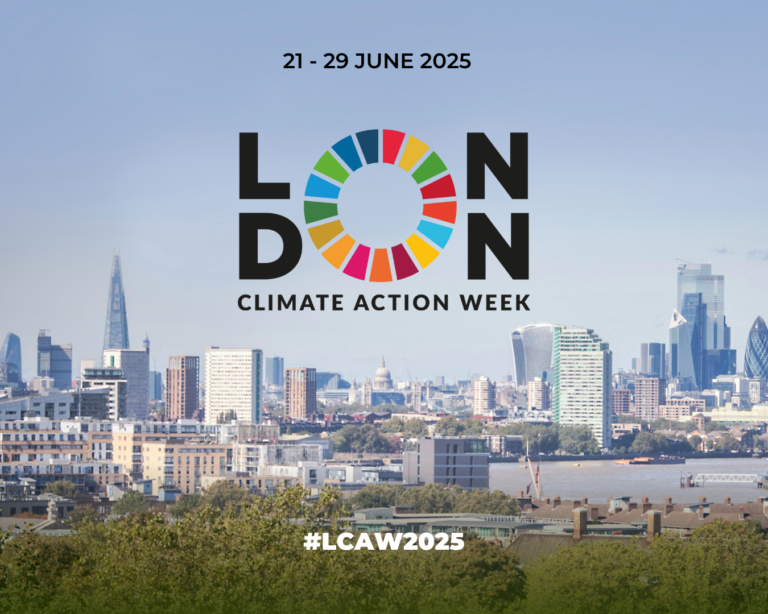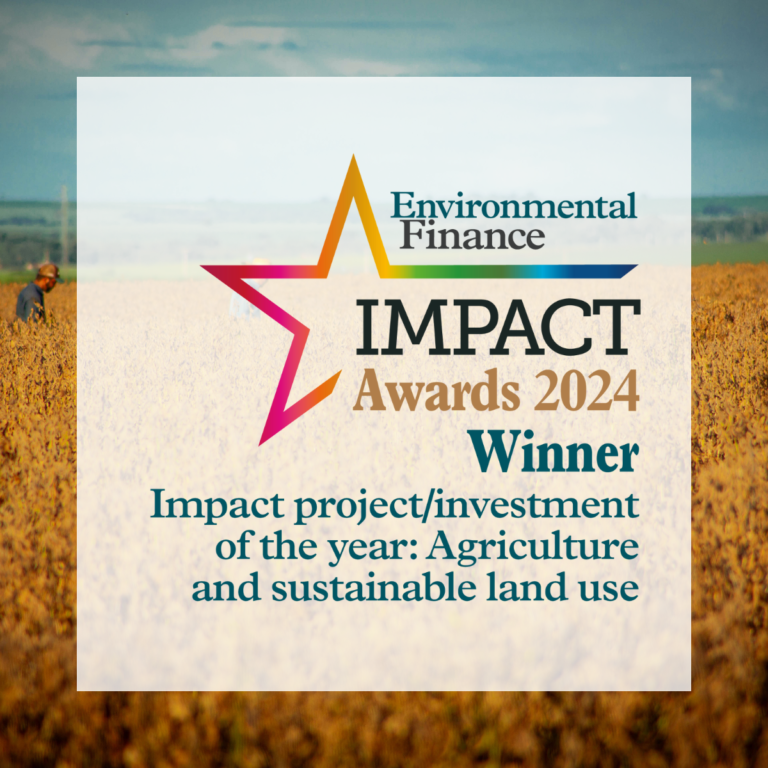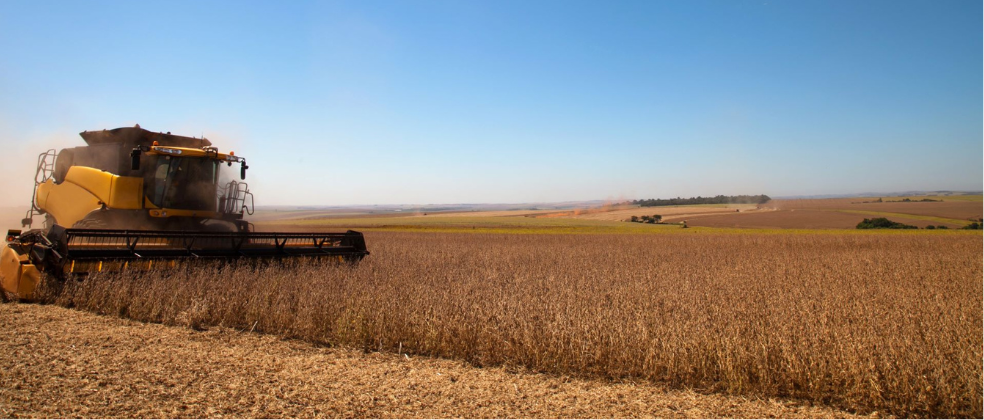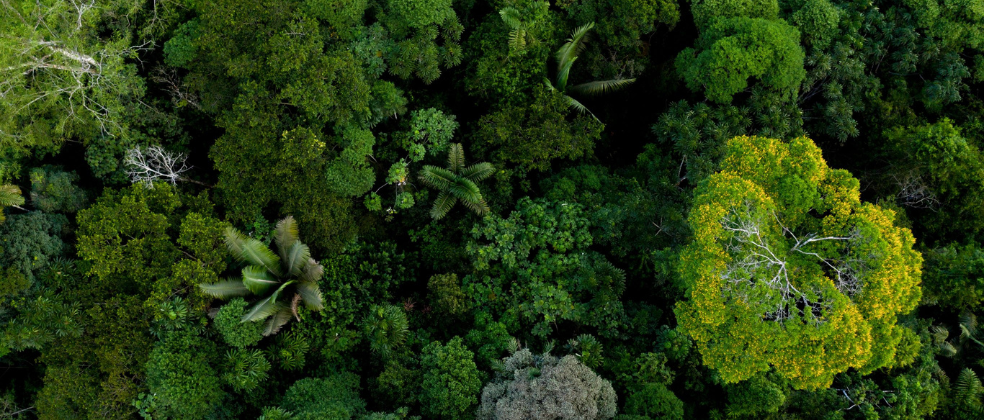The environmental impact of the first year of the RCF Cerrado Programme 1 has been calculated, independently verified and published in the first Annual Report. The inaugural programme delivered 42,400 tonnes of verified deforestation and conversion free soy into the Brazilian supply chain from the 32 participating farms. 8,541 ha of native vegetation was conserved, 2,145 ha in excess of the legal reserve requirement. This sequestered 2.9 MtCO2 carbon stocks in native vegetation and 0 tCO2e land use change emissions occurred.

Landowners committed to forgo their right to legally convert the remaining vegetation in their farms (in excess of legal minimum requirements), and adhere to other social and environmental requirements, as defined in RCF’s Eligibility Criteria, in order to participate in the programme. The 32 farms were then able to benefit from the $11million invested by UK supermarkets Tesco, Sainsbury’s and Waitrose distributed as low interest loans. The initiative is financed through a first of its kind approach: dollar-denominated green bonds (CRAs – Certificates of Receivables from the Agribusiness) registered in the Vienna Bourse.
At the end of the first year of this four-year programme;
-
- 100% of the funds invested were disbursed to eligible farmers selected on multiple criteria, including the farms’ location and deforestation risk, area of excess legal reserve, and credit history.
-
- No participating farmers deforested or converted natural vegetation.
-
- All farmers successfully harvested their soy crop.
Monitoring of environmental obligations and impacts was conducted by the teams at SIM and BVRio, and independently verified by EarthDaily Agro. The RCF Environmental Committee has reviewed the methodologies used for impact quantification and monitoring reports. The committee comprises The Nature Conservancy, Conservation International, WWF Brasil, UN Environment, IPAM, Proforest, and BVRio, which provides the secretariat.
SIM Director, Pedro Moura Costa, commented, “We are pleased to announce these results. The programme has worked as designed, and the concept has been proven. We need to rapidly scale up to deliver greater environmental protection to the Cerrado, which is under increasing pressure due to additional legislation being placed elsewhere in Brazil. International soy buyers want DCF soy in their supply chains, and this mechanism can deliver that at scale.”
The Cerrado Programme 1 now rolls forward to its second year, with investors committed to a four year programme.





